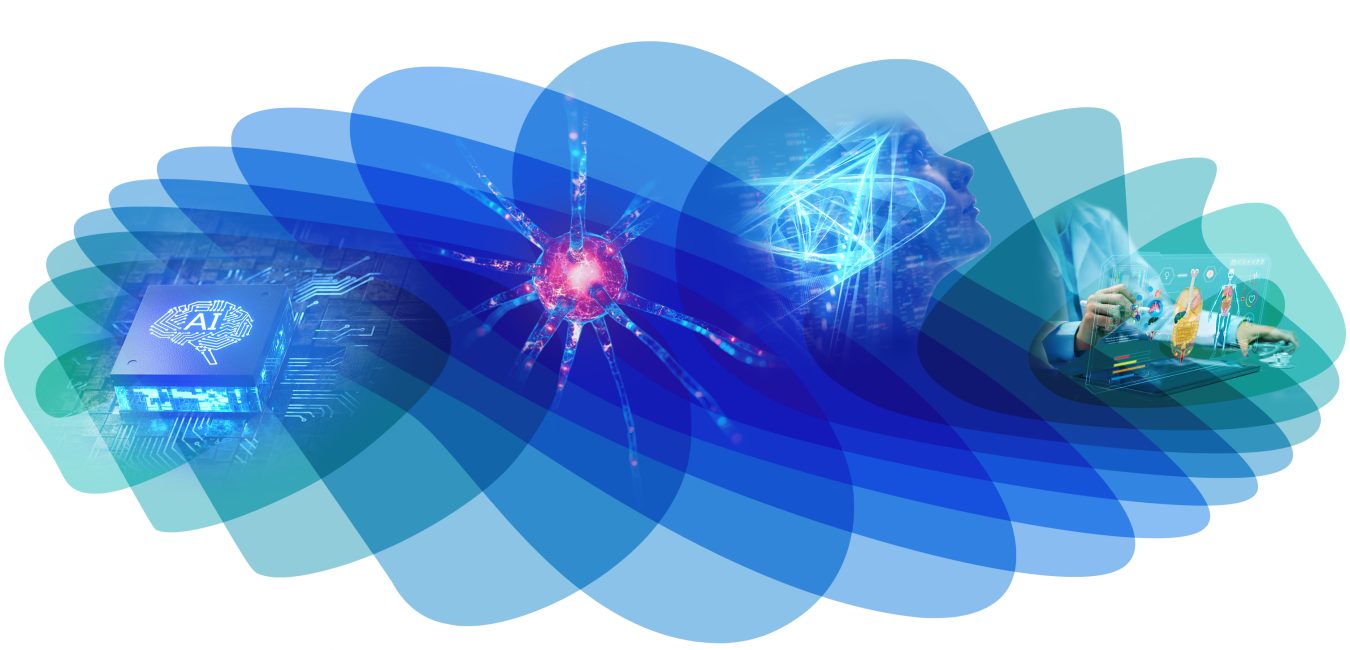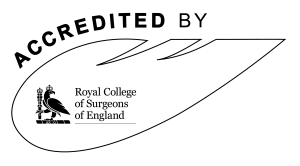Description
Open-source software libraries for surgical technologies include areas on computer assisted surgery, medical robotics and medical imaging (e.g. SciKit-Surgery, 3DSlicer, Holohub, MONAI, PLUS, KitwareMedical, and FAST). These libraries have shown great progress in the last twenty years due to their rapid innovation and adaption to new technologies, continuous release of open software and datasets for algorithm evaluation, good documentation and educational resources for students, researchers, engineers and clinicians, and parentships between academia and industry. However, research-driven technologies bring new challenges on 1) using the latest generation of hardware, 2) ensuring fast prototyping and validation of new algorithms, 3) dealing with fragmented source code for heterogenous systems, 4) enabling high performance of medical image computing and visualisation in the operating room, and 5) ensuring standardisation of data quality and data privacy. Such challenges raise the question of how to transform open-source software libraries to be more sustainable, long-term supported and translatable to the clinic. This workshop aims to bring together engineers, researchers and clinicians from academia and industry to present and to discuss current progress, challenges and trends, and hopefully build together a community.
Programme
| 08:30 - 09:00 | Registration & Coffee | |
| 09:00 - 09:10 | Introduction | Miguel Xochicale, UCL and Eva Herbst, ETH Zurich |
| 09:10 - 09:50 | Medical software, regulation and related challenges | Xenophon Papademetris, Yale School of Medicine |
| 09:50 - 10:30 | Historical perspective on open source software for medical robotics and medical imaging: lessons learned for management of open source projects | Kevin Cleary Children's, National Hospital |
| 10:30 - 11:00 | Coffee Break | |
| 11:00 - 11:45 | Open source neuronavigation for low-resources healthcare settings | Sonia Pujol and Colton Barr |
| 11:45 - 12:30 | MONAI Label: an open source image labelling and learning tool | Andres Diaz-Pinto, NVIDIA |
| 12:30 - 13:30 | Lunch Break | |
| 13:30 - 14:00 | Accelerating AI Medical Device Streaming Workflows with NVIDIA Holoscan | Mikael Brudfors NVIDIA |
| 14:00 - 14:30 | Enabling Software Defined Medical Robotics Using Open Source Software | Shashank Sharma, Karl Storz |
| 14:30 - 15:15 | Poster Session | |
| 15:15 - 15:30 | Coffee Break | |
| 15:30 - 16:00 | Commercial Open Source Software | Andrew Wichmann, Johns Hopkins Technology Ventures (JHTV) |
| 16:00 - 16:30 | Software-Driven Computer Assisted Navigation in the Age of Deep Learning | Micha Pfeiffer |
| 16:30- 17:00 | Open-source software supporting product development: sustainability versus certification | Tamas Haidegger |
| 17:00- 17:15 | Awards and closing message | |
| 17:15 | Workshop End | |
Learning Outcomes
Participants of the workshop will learn from the leading authors of state-of-the-art open-source platforms for Surgical Technologies, aiming to have the following learning outcomes:
- Developing open-source software interfaces including best practices of software engineering (e.g maintenance, sustainability, etc) to create clinical impact.
- Better understanding of good practices for clinical translation including solutions to integrate preoperative and intraoperative data (e.g., tracking systems and clinical hardware), and protocols to handle clinical data for computer assisted surgical technologies (e.g. ensuring patient privacy)
- Better understanding of commercialising, licensing and long-term funding support to develop open-source software libraries and projects.
- Discussions on trends and the future of Surgical Technologies: how to quickly adopt the latest technologies (e.g., artificial intelligence, augmented reality, high-performance computing, etc) while still complying with relevant quality standards.
- Building a community by releasing material for the workshop in GitHub repositories, welcoming anyone to join our discord sever to do networking, raise questions and share similar events and releasing recorded talks in the YouTube channel of the symposium.
Call for Posters
Calling all attendees to share their insights and contributions through poster presentations focusing on Open-Source Software for Surgical Technologies. Your innovative work is welcomed and encouraged!
We welcome posters covering a diverse range of topics, including: (1) Open-source software libraries and frameworks, (2) Medical and surgical software innovations, (3) Sustainability in open-source software, (4) Case studies showcasing novel applications and combinations of existing software, (5) Protocols for managing clinical data in computer-assisted software for surgical technologies, and (6) Project summaries, methodological approaches, research findings, and initiatives related to Open-Source Software for Surgical Technologies. Your contributions in these areas will enrich our discussions and advance the field!
The authors of accepted posters will have the opportunity to present and engage in discussions about current progress, challenges, and emerging trends. Let us come together to foster a vibrant community of engineers, researchers, and clinicians from both academia and industry.
We are excited to announce that we’ll be recognising excellence with awards for the best poster and runner-up submissions. For additional information and complete details, please refer to this link.
Important dates
- Poster submission deadline: 7th June, 2024
- Notification of acceptance: 14th June, 2024
- PDF poster submission deadline: 7th June, 2024
- Workshop day: 28th June, 2024
Organisers
- Dr Miguel Xochicale, University College London
- Dr Eva Herbst, ETH Zurich
- Dr Stephen Thompson, University College London
This workshop is accredited for 6 CPD points.


